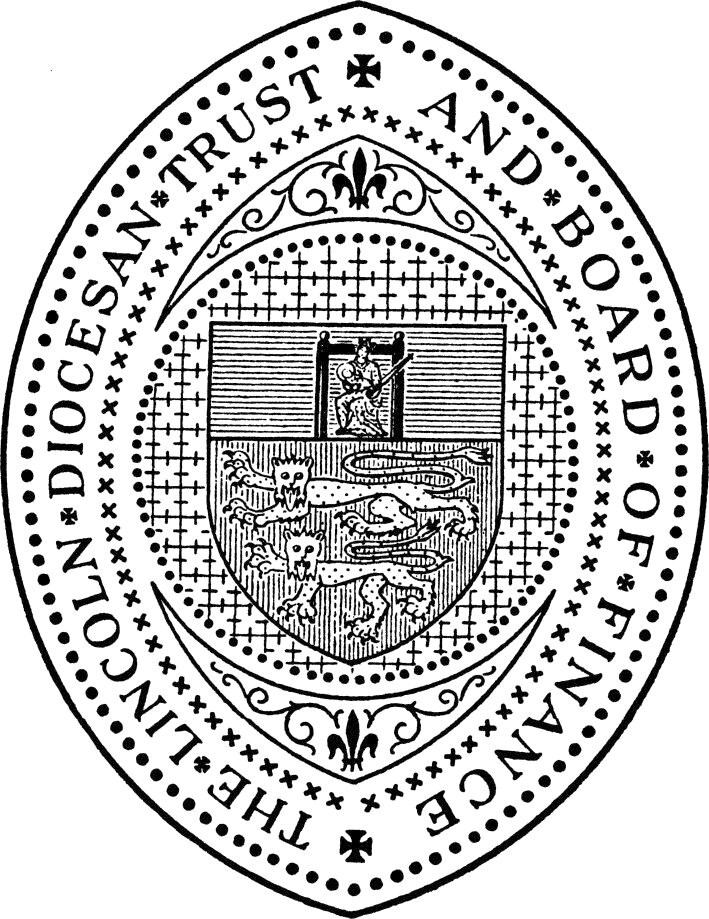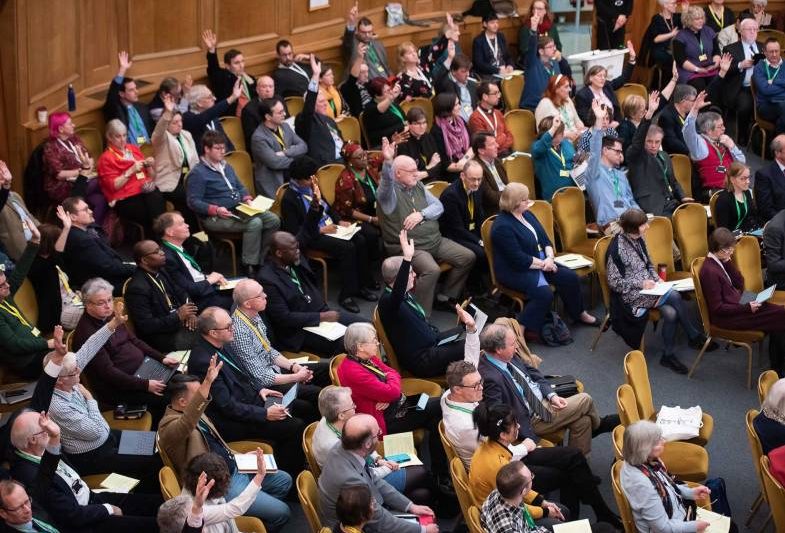Structure
A diocesan bishop is the Ordinary of his or her diocese, and has wide-ranging legal and administrative responsibilities. The diocesan bishop is responsible for providing leadership and direction to the diocese, alongside the governing body of the diocese which is diocesan synod.
Every diocese of the Church of England is required (by Measure, 1925) to have a diocesan board of finance. This is a charitable company which holds the financial and other assets of the Diocese and is responsible for oversight of their good stewardship. Since 2018, the membership of diocesan synod also constitutes the membership of the Lincoln Diocesan Trust and Board of Finance Ltd (LDTBF).
The LDTBF is a charity registered with the Charity Commission (No 249355) and a Company limited by guarantee (registration no 97256). This means that the trustees of the charity which make up the membership of the Bishop’s Council of Diocesan Trustees, are also the company’s directors and that the Trust is bound by charity and company law and regulations.

The Bishop’s Council of Diocesan Trustees acts as the standing committee of diocesan synod, the Diocesan Mission and Pastoral Committee (DMPC) and the Bishop’s Council, as well as the board of finance in order to ensure that mission and money are discussed in the same room and by the same key stakeholders.
Diocesan Synod and the Bishop’s Council of Diocesan Trustees delegate various responsibilities to committees, in order for the ‘heavy lifting’ to be done away from the main trustee meeting. These non-statutory committees and working groups are combined with other statutory committees such as the Archidiaconal Mission and Pastoral Committee (AMPC) and the Diocesan Advisory Committee (DAC) to form the governance structure of the diocese.
Please find below our Governance Book, which contains our company articles of association, standing orders and committee terms of reference. You will also find meeting dates for our various meetings for 2024.
 Skip to content
Skip to content







